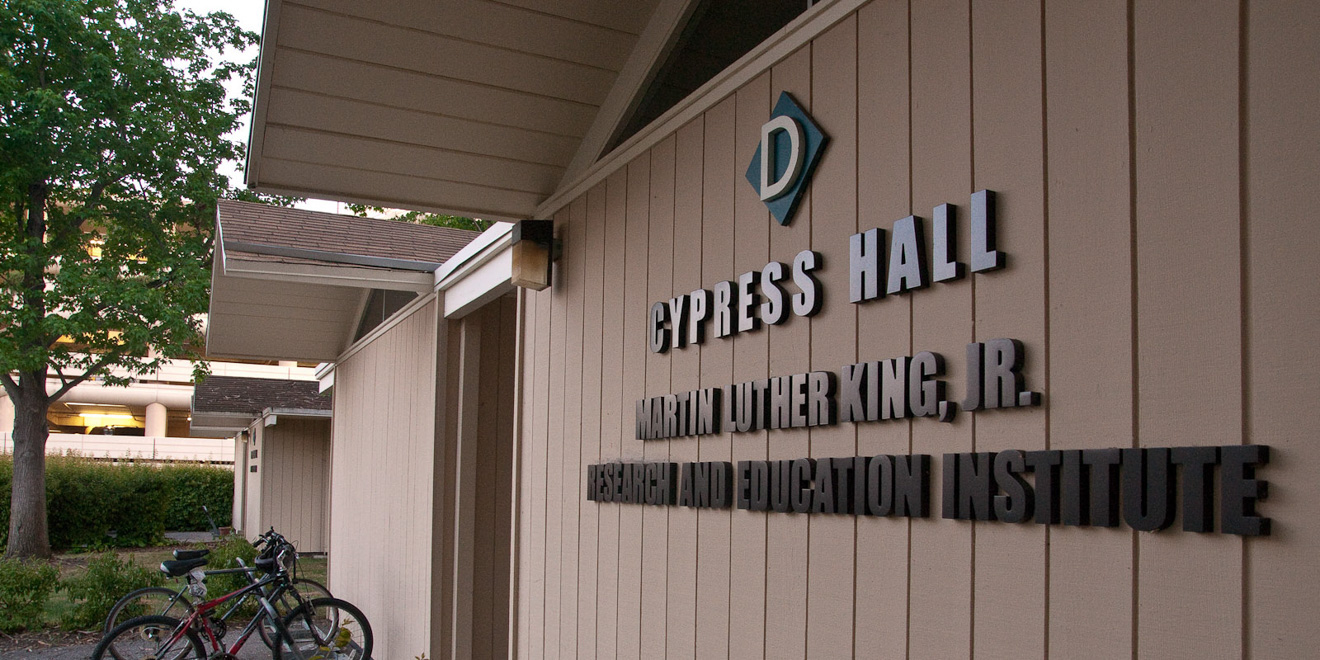Students and alums have donated over $100,000 to fund Stanford’s Martin Luther King, Jr., Research and Education Institute since the summer. But despite a petition that gained over 12,000 signatures calling on the University to fund the institute, King Institute director Clayborne Carson told The Daily that they have not received additional funding from Stanford.
The King Institute publishes the papers of Dr. Martin Luther King, Jr. –– entrusted to Carson by King’s widow, Coretta Scott King –– and provides document-based lesson plans, online educational resources and historical materials about the “modern African American Freedom Struggle” and King’s vision. The institute was founded in 2005 with an initial $1 million endowment pledge from Hall of Fame football star Ronnie Lott and now operates on a yearly budget of around $500,000, according to Carson.
Carson said most of the donations were in small dollar amounts.
“A few students in the graduating class were advising people to donate $20.20,” Carson said. “And that doesn’t sound like a lot, but if you multiply it by 2,000 people, that adds up to a lot of money.”
Carson added that parents and alumni also chipped in with larger pledges, all of which helped to provide a “foundation” for the institute’s current work.
On June 30, President Marc Tessier-Lavigne pledged in an open letter to reinvigorate the search for a new director of the institute, as Carson was set to retire two years ago. Under the new director, Tessier-Lavigne wrote, “a thorough study will be undertaken to create a strategy” for the institute, which he expects will include recommendations for the “physical location on campus and additional necessary resources.”
This search, which is still in progress, is “a high priority for the school,” according to Debra Satz, dean of the School of Humanities and Sciences. Satz wrote in a statement to The Daily that, because “the new director will also be a professor in one of our departments, this process takes time,” and echoed Tessier-Lavigne’s promise that the new director would develop a strategy “with respect to research, teaching, and engagement” for the institute.
Carson has extended his time at Stanford since “it has taken a while to find a replacement.” But he believes that “as of the end of this academic year, a new person will come in to run the King Institute.”
Still, Carson and the institute press on with outreach and education about King’s work. This past weekend, the institute showcased over 30 short and long feature films about King’s legacy on human rights and social justice. The institute’s MLK weekend event, which was held virtually for the first time, was “remarkably successful,” drawing close to 5,000 people, according to Carson.
Carson said an advantage of the virtual event was greater accessibility. He said they attracted viewers from all over the world, as there were fewer barriers “in terms of knowledge” or cost to attend the documentary film festival.
“Four thousand people would not fit into the King Institute,” Carson said. “We have a difficult time fitting a few hundred people in there. So, by far the potential audience that we have virtually far exceeds anything that would be possible in person.”
Finding a permanent space, which has been an issue for the institute in the past, remains an unanswered question, but is less of a priority, according to Carson.
“I’m not as concerned about that as many of the students were,” Carson said. “I think that there was a sense that Martin Luther King deserves a better home on campus, something more visible. And I hope that that sometime in the future will happen. But those of us who work at the King Institute, we would do our work in a basement.”
The King Institute is currently housed in Cypress Hall D, a portable that sits next to the Engineering Quad and the recently opened Wu Tsai Neurosciences Institute and Stanford ChEM-H building. The small office building is easy to miss — but Carson isn’t concerned about that either.
“The visibility of a building we’re in is not of great interest to us,” he said. “I think it’s much more important in terms of how Stanford views itself. We know that the work we’re doing is important. So that’s for Stanford to decide and that’s for the wealthy donors to Stanford to decide how they want to acknowledge King’s presence on this campus.”
Contact Ujwal Srivastava at ujwal ‘at’ stanford.edu and Danielle Echeverria at dech23 ‘at’ stanford.edu.
